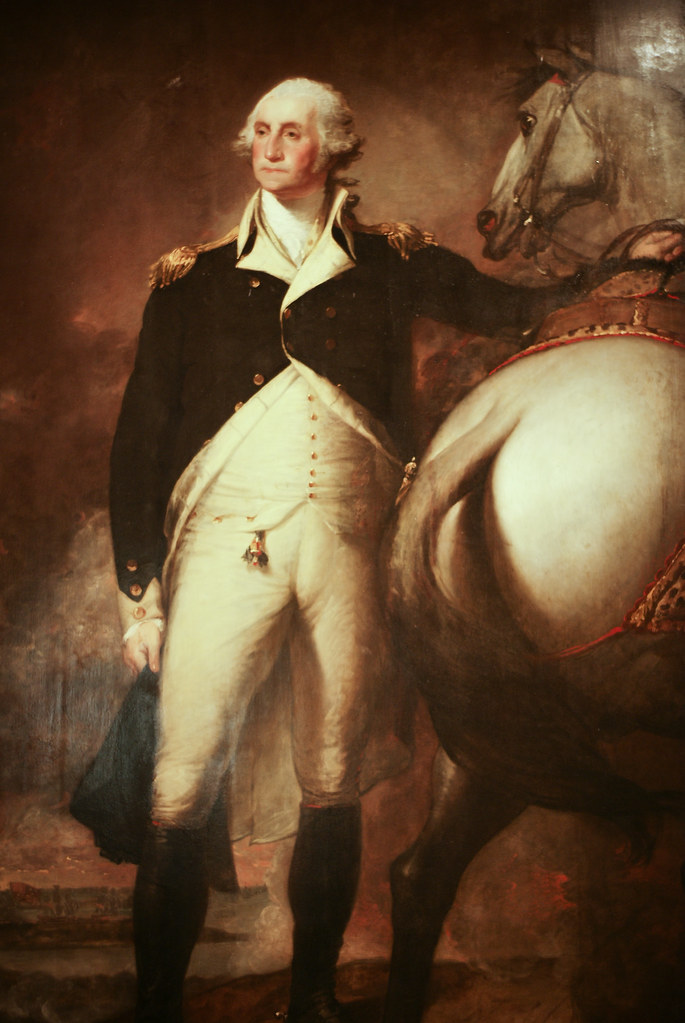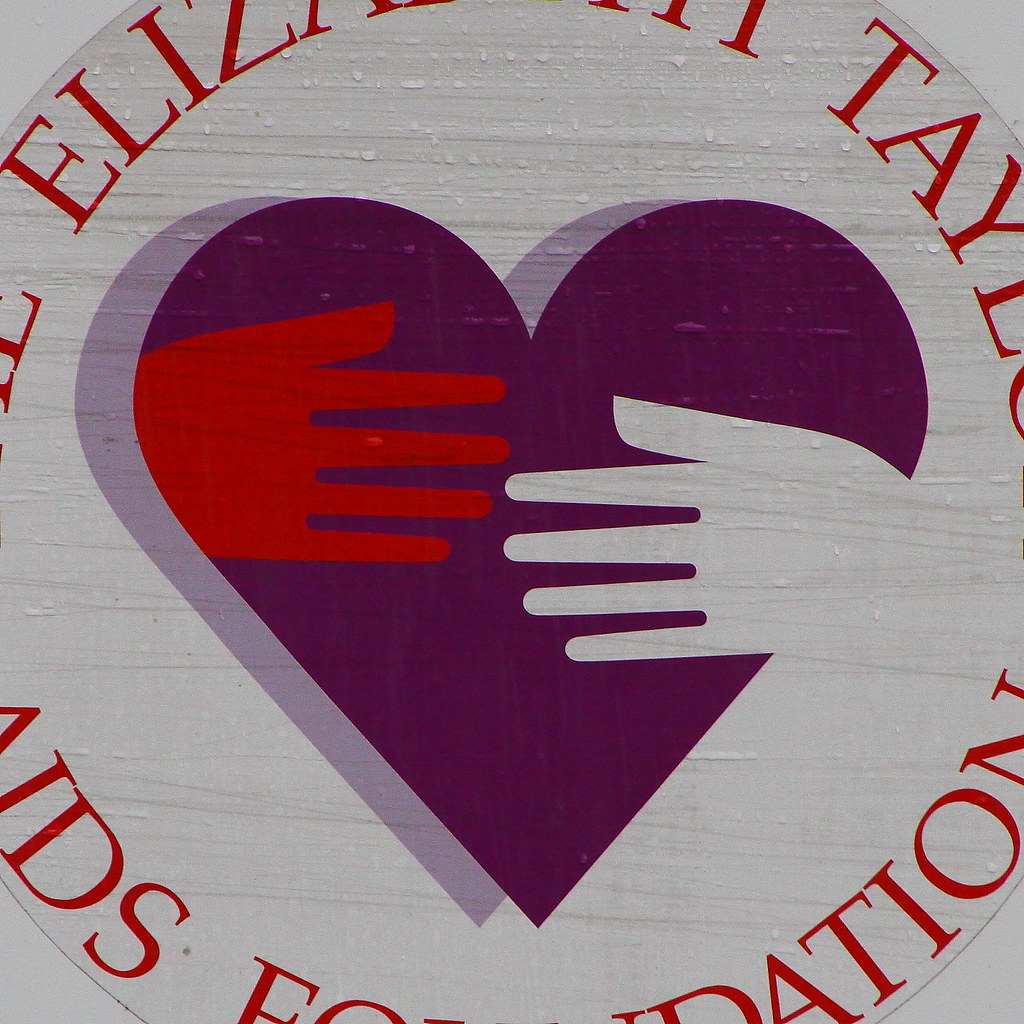
The world’s wealthiest individuals, particularly those who forged their empires in the crucible of technology, are increasingly directing their colossal fortunes towards solving some of humanity’s most pressing challenges. From combating global pandemics and alleviating poverty to championing education and protecting the environment, these tech titans are redefining philanthropy, not just through the sheer scale of their donations but also through strategic, impact-driven approaches. Their foundations have become powerful engines of change, deploying resources with a precision and ambition often mirroring the disruptive innovation that characterized their commercial ventures.
In an era where wealth concentration is a frequent topic of discussion, the philanthropic endeavors of these billionaires offer a compelling counter-narrative, showcasing immense private capital being channeled into public good. This isn’t merely about writing large checks; it’s about establishing sophisticated organizations that leverage expertise, data, and global networks to effect lasting societal transformation. These foundations operate on principles of long-term vision and measurable outcomes, influencing policy, fostering research, and empowering grassroots initiatives across the globe.
We embark on an in-depth exploration of 14 such influential charitable foundations, each spearheaded by a tech billionaire or a couple with deep roots in the tech and innovation landscape. Our journey will reveal not only the staggering sums committed but also the diverse philosophies and focal points that guide their monumental giving, painting a comprehensive picture of how technology’s architects are now building a better future for all. This first section will illuminate the broad strokes of impact delivered by some of the most prominent names in tech philanthropy.

1. **Bill & Melinda Gates — The Bill & Melinda Gates Foundation**Few philanthropic entities command as much global attention and respect as the Bill & Melinda Gates Foundation. Driven by the vision of Microsoft co-founder Bill Gates and his then-wife Melinda, this foundation has been a central force in addressing some of the world’s most intractable problems for over two decades. Its scale is immense, routinely disbursing approximately $5 billion in grants annually, making it a pivotal player in international development and health.
The foundation’s core giving focus revolves around health and poverty alleviation, particularly in developing countries. This commitment was starkly evident during the recent global health crisis, where the Bill & Melinda Gates Foundation swiftly pivoted to commit an astounding $1.75 billion over two years specifically for Covid-19 relief. This funding was critical for vaccine research, treatment development, diagnostic tests, and ensuring these vital tools reached those most in need worldwide. Melinda Gates articulated this inclusive philosophy, stating in December, “Everyone, everywhere deserves to benefit from the science developed in 2020.”
A significant aspect of the foundation’s financial power comes from other generous philanthropists. Notably, legendary investor Warren Buffett has been a consistent contributor, providing an average of $2 billion to $3 billion in Berkshire Hathaway stock annually since 2006. Forbes, for its calculations, meticulously apportions the grant-making from 2007 onwards between the Gates couple and Buffett, acknowledging the collective effort behind its immense impact.
Their strategic approach is not just about funding, but about fostering innovation and systemic change. By investing in research and development for new vaccines and treatments, the foundation aims to create sustainable solutions that can be scaled globally, ensuring that advancements in science and technology are leveraged for the benefit of all, particularly the most vulnerable populations. This blend of substantial financial commitment, strategic partnerships, and a clear vision for global equity positions the Bill & Melinda Gates Foundation at the forefront of modern philanthropy.

2. **MacKenzie Scott — Yield Giving Foundation**MacKenzie Scott has rapidly emerged as a transformative figure in the world of philanthropy, captivating observers with her unprecedented pace and scale of giving since her 2019 divorce from Amazon founder Jeff Bezos. In a remarkably short period, she has redefined what active philanthropy can look like, setting new benchmarks for generosity and trust-based giving. Her approach is distinctly different, characterized by swift, substantial, and often unheralded grants to a vast array of organizations.
Scott’s giving methodology, executed with the support of an undisclosed team and advisory firm Bridgespan Group, stands in stark contrast to more traditional, bureaucratic philanthropic models. She has given away more in grants in just six months than even The Gates Foundation, with its 1,600 employees, typically disburses in a full year. This remarkable efficiency is due to her “Yield Giving” foundation’s philosophy: donating anonymously and directly to nonprofits, trusting them to deploy funds as they see fit, without the burden of extensive reporting or stringent expectations.
Her focus areas are primarily centered on addressing racial, gender, and economic inequality, reflecting a deep commitment to systemic change. In July 2020, amidst the heightened awareness of Black Lives Matter protests, she announced nearly $1.7 billion in donations to 116 organizations specifically targeting inequality related to race, ual orientation, gender, and economic mobility. This was followed by an even larger announcement in December, revealing nearly $4.2 billion distributed to 384 organizations across all 50 U.S. states, Puerto Rico, and Washington D.C., with a keen eye on nonprofits combating food insecurity, racial inequity, and poverty reduction.
The impact of Scott’s giving extends beyond the direct financial support. Experts suggest that her actions could inspire other ultra-rich donors to adopt similar trust-based philanthropic models, encouraging direct contributions to organizations and potentially easing the tax burden. Bella DeVaan of the Institute for Policy Studies noted, “I think she’s a trendsetter and sort of moral ballast to the way that Gates has been,” suggesting a shift in common practice towards a more empowering and less prescriptive form of giving. To date, she has given away over $19.25 billion to 2,450 nonprofits, underscoring her profound dedication to transferring wealth to those who can effect change on the ground.
Read more about: The Philanthropic Elite: Ranking the 12 Most Valuable Celebrity Non-Profit Foundations by Funds Raised
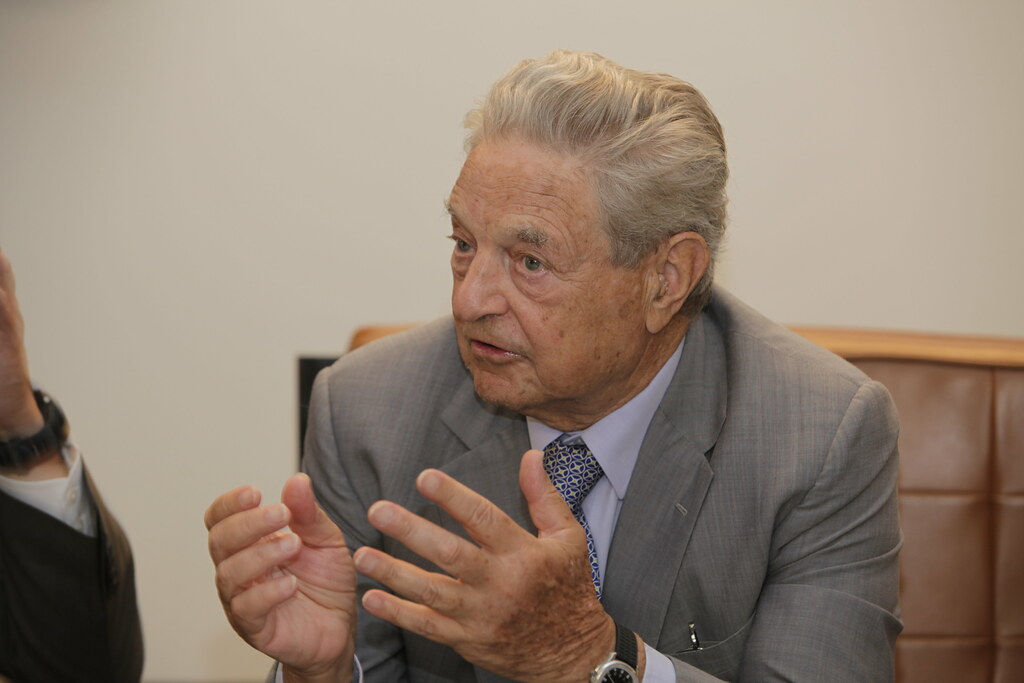
3. **George Soros — Open Society Foundations**While not a tech founder in the traditional sense, George Soros, a legendary investor, has leveraged his immense fortune to establish the Open Society Foundations (OSF), a global network operating in 120 countries worldwide. His philanthropy is profoundly impactful, particularly in its extensive focus on fostering democracy, protecting voters’ rights, and promoting open societies. In 2020 alone, OSF budgeted $140 million for these critical areas, underscoring its commitment to democratic principles and human rights globally.
With annual giving reaching an impressive $1.2 billion last year, the Open Society Foundations supports a broad spectrum of causes. These include initiatives aimed at economic equity, combating discrimination, advocating for human rights, reforming justice systems, and supporting independent journalism—all vital pillars of an open society. The foundation’s expansive reach and diverse areas of engagement reflect Soros’s long-standing belief in the power of civil society to drive positive change and uphold fundamental freedoms.
The foundation demonstrated remarkable agility and responsiveness during periods of crisis. When the Covid-19 pandemic struck, OSF committed $37 million to provide financial assistance for undocumented immigrants who were excluded from U.S. federal aid, addressing a critical gap in social safety nets. Furthermore, in the wake of the police killing of George Floyd in Minneapolis, the foundation pledged a substantial $220 million to support leaders within Black communities across the United States, showcasing its commitment to racial justice and community empowerment.
Soros’s philanthropic vision, articulated through the Open Society Foundations, prioritizes proactive engagement in complex geopolitical and social issues. By funding a wide range of organizations and initiatives, OSF plays a crucial role in strengthening democratic institutions, promoting justice, and advocating for marginalized communities around the world. Its multifaceted approach makes it a powerful force in global philanthropy, aiming to create a more just, inclusive, and accountable world.
Read more about: A Contentious Chapter: Deconstructing Trump’s Domestic Terrorism Crackdown, Justice Department Actions, and the Evolving Media Narrative

4. **Michael Bloomberg — Bloomberg Philanthropies**Michael Bloomberg, the former New York City mayor and cofounder of the influential financial data and media company Bloomberg LP, has transformed his wealth into a powerful philanthropic engine through Bloomberg Philanthropies. With over $11 billion poured into charitable causes, his foundation operates with a clear, data-driven focus on areas he deems critical for global progress and public health. This extensive giving highlights a strategic and sustained commitment to issues ranging from climate action to public health interventions.
Bloomberg Philanthropies is renowned for its targeted investments, with climate change and public health standing out as primary concerns. Over the last decade, Bloomberg has committed more than $1 billion to curb tobacco use worldwide, a testament to his dedication to public health initiatives that save lives and reduce preventable diseases. His foundation’s focus extends to other critical areas like gun control, reflecting a comprehensive approach to societal well-being and safety.
Education also features prominently in Bloomberg’s philanthropic portfolio. In 2018, he announced a monumental $1.8 billion pledge to Johns Hopkins University, his alma mater, demonstrating a profound commitment to higher education and supporting future generations of leaders and innovators. More recently, in September, Bloomberg pledged an additional $100 million over four years to fund scholarships at four historically Black medical schools, aiming to address educational equity and diversify the medical profession.
During the Covid-19 pandemic, Bloomberg Philanthropies mobilized significant resources, donating over $330 million to related programs. These initiatives spanned a wide range, from supporting vital medical research to funding meals for frontline healthcare workers, underscoring the foundation’s responsiveness to immediate, critical needs. This multifaceted engagement, combining large-scale pledges with agile responses to emerging crises, positions Bloomberg Philanthropies as a dynamic and influential force in shaping healthier and more sustainable communities globally.
Read more about: Michael Seltzer, Pioneering Philanthropist and LGBTQ+ Advocate, Dies at 78: Decades-Long Fight Against AIDS Remembered

5. **Gordon & Betty Moore — Gordon and Betty Moore Foundation**Two decades ago, Gordon Moore, the cofounder and longtime CEO of semiconductor giant Intel, alongside his wife Betty, established the Gordon and Betty Moore Foundation. This foundation, generously funded with gifts of Intel stock, has since become a significant force in scientific research, environmental conservation, and education. Annually, it awards approximately $270 million in grants, channeling substantial resources towards initiatives that promise long-term benefits for both humanity and the planet.
The foundation’s commitment to environmental conservation is particularly noteworthy, supporting efforts aimed at halting the loss of biodiversity. This focus reflects a deep understanding of the interconnectedness of ecosystems and the urgent need to protect natural resources for future generations. By investing in conservation projects, the Gordon and Betty Moore Foundation contributes to global sustainability, addressing critical challenges related to climate change and ecological preservation.
In the realm of science research, the foundation has made groundbreaking contributions. One of its most ambitious projects involves funding the design and construction of the Thirty Meter Telescope in Hawaii. This cutting-edge instrument represents a new class of telescope, poised to revolutionize astronomy by allowing researchers to peer deeper into space than ever before. Such investments underscore the foundation’s dedication to pushing the boundaries of human knowledge and enabling scientific discovery that can transform our understanding of the universe.
The Gordon and Betty Moore Foundation embodies a thoughtful and strategic approach to philanthropy, applying the same foresight and long-term vision that characterized Intel’s success in the tech industry. By focusing on fundamental science and critical environmental issues, the Moores ensure their legacy is one of profound impact, fostering innovation and protecting the planet for generations to come. Their work demonstrates how tech-derived wealth can be meticulously deployed to tackle grand challenges and advance human endeavor on multiple fronts.

6. **Jim & Marilyn Simons — Simons Foundation**Jim Simons, a former math professor who founded the quantitative trading hedge fund Renaissance Technologies, established the Simons Foundation in 1994 with his wife, Marilyn. Their philanthropic efforts are deeply rooted in Jim’s background, dedicating significant resources to advancing STEM (Science, Technology, Engineering, and Mathematics) research and education. The foundation’s work is a testament to the power of quantitative thinking applied to societal challenges, particularly in fostering scientific and mathematical excellence.
A cornerstone of the Simons Foundation’s work is its role as the primary funder for Math for America, a nonprofit organization committed to building a robust network of highly skilled high school math and science teachers. This initiative directly addresses a critical need in STEM education, ensuring that future generations have access to inspiring and effective educators. By investing in teacher development, the foundation aims to cultivate a stronger foundation for scientific literacy and innovation across the country.
Beyond education, the Simons Foundation is a major supporter of life science research, extending significant gifts to prestigious institutions such as the New York Genome Center. These contributions facilitate cutting-edge investigations that push the frontiers of biological understanding, with the potential to lead to breakthroughs in medicine and health. The foundation’s strategic funding in this area underscores its commitment to pure scientific inquiry and discovery.
Furthermore, the Simons Foundation is a prominent advocate for autism causes, notably through its Autism Research Institute. This dedication reflects a comprehensive approach to supporting scientific understanding and practical solutions for neurodevelopmental conditions. Through its multifaceted giving across STEM fields, the Simons Foundation exemplifies how analytical rigor and substantial resources can be powerfully combined to foster intellectual advancement, improve educational outcomes, and address complex health challenges. Their long-term vision ensures sustained impact in areas vital for scientific progress and societal well-being.

7. **Mark Zuckerberg & Priscilla Chan — Chan Zuckerberg Initiative (CZI)**Mark Zuckerberg, the founder and CEO of Facebook, and his wife, Priscilla Chan, launched the Chan Zuckerberg Initiative (CZI) in 2015 as their philanthropic and advocacy arm. CZI represents a new model of giving, structured as a limited liability company rather than a traditional foundation, allowing for more flexibility in its investments, including both grants and for-profit ventures. This innovative approach reflects their ambition to solve some of society’s toughest problems through a blend of philanthropy, policy advocacy, and scientific research.
In its fifth anniversary year in 2020, CZI intensely focused its giving on two critical and timely areas: Covid-19 relief and election integrity. The initiative played a significant role in expanding coronavirus testing capacity within California and collaborated with the Gates Foundation to accelerate the development of Covid treatments. In total, CZI committed over $100 million to pandemic-related funding in 2020, demonstrating its rapid response capability to emergent global crises and its commitment to public health.
However, the pandemic response was dwarfed by CZI’s monumental investment in election integrity. Zuckerberg and Chan’s annual letter revealed that CZI donated an astounding $400 million to nonpartisan organizations. These funds were specifically directed “to ensure voters could cast their ballots safely and securely,” highlighting a deep engagement with democratic processes and civic participation during a turbulent political year.
Beyond these immediate priorities, CZI’s long-term vision is rooted in science, education, and criminal justice reform. By leveraging technology and scientific research, the organization aims to cure, prevent, or manage all diseases, and personalize learning for every student. This ambitious, multi-pronged strategy, combining direct grants with advocacy and technological innovation, positions the Chan Zuckerberg Initiative as a formidable force dedicated to fostering fundamental advancements in human potential and societal well-being. Their work showcases a truly modern approach to philanthropy, where tech-driven thinking is applied to grand societal challenges.
The philanthropic landscape, shaped profoundly by the architects of the digital age, continues to evolve with remarkable speed and strategic depth. As we delve deeper into the contributions of these tech-aligned visionaries, we uncover not just vast sums of money but innovative approaches designed to tackle some of the most intricate global and community challenges. Their commitment underscores a powerful trend: the application of disruptive thinking from the tech world to the realm of societal improvement, setting new benchmarks for impactful giving.
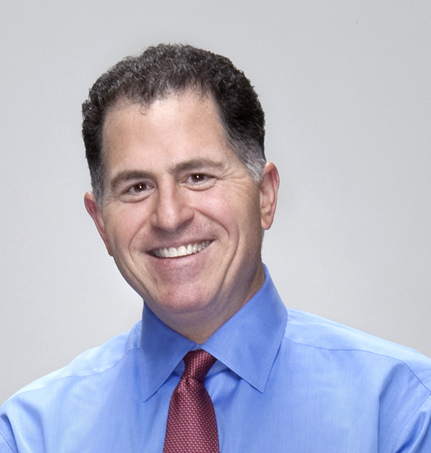
8. **Michael & Susan Dell — Michael & Susan Dell Foundation**Michael Dell, the visionary founder of Dell Technologies, along with his wife Susan, has channeled their immense wealth into the Michael & Susan Dell Foundation, significantly increasing its yearly commitments. This foundation has become a critical responder to pressing needs, particularly those amplified by global crises such as the recent pandemic.
In 2020, the foundation dedicated a substantial $80 million to support various pandemic-related needs. These efforts specifically aimed at bolstering healthcare and education systems, as well as providing crucial aid to nonprofits and small businesses across the country. Furthermore, demonstrating a proactive stance in the global health crisis, the foundation also committed an additional $20 million to accelerate the development of a Covid-19 treatment.
Beyond immediate crisis response, the Dells maintain a long-term vision for educational equity. They pledged a monumental $100 million over 10 years to the University of Texas at Austin, Michael Dell’s alma mater where he famously started his computer sales business from his dorm room. This initiative is specifically designed to close the persistent gap in college graduation rates across income levels, fostering greater access and opportunity for students from diverse backgrounds.
Through these comprehensive efforts, the Michael & Susan Dell Foundation exemplifies a powerful blend of immediate humanitarian aid and sustained, strategic investment in education and poverty alleviation, fostering resilient communities and creating pathways to success for future generations.
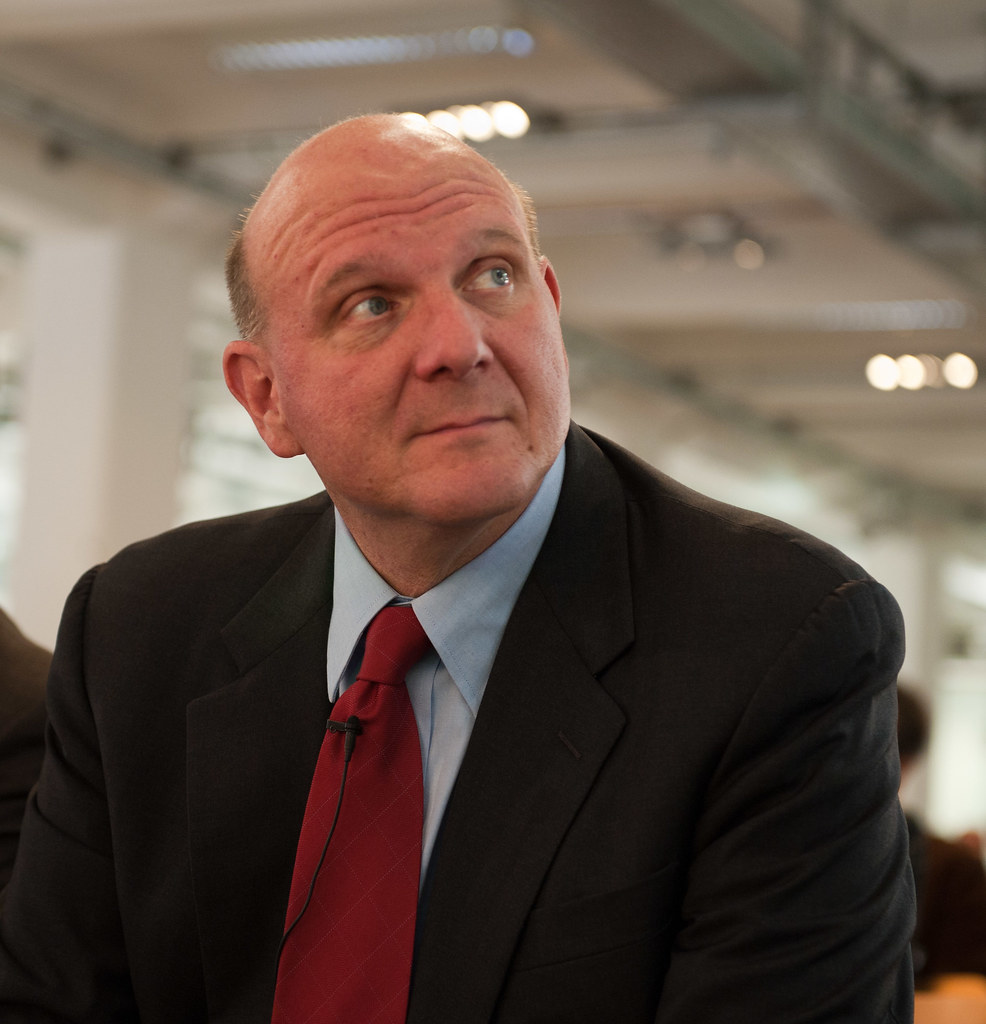
9. **Steve & Connie Ballmer — Ballmer Group**Steve Ballmer, the former CEO of Microsoft, and his wife Connie, have emerged as formidable forces in philanthropy, directing their considerable resources through the Ballmer Group. Their giving is characterized by a broad and impactful reach, focusing on initiatives that promote economic mobility and address critical societal needs.
During 2020, in response to the escalating global health crisis, the Ballmers significantly increased their contributions to Covid-19 relief efforts, donating more than $53 million. This substantial funding spanned a diverse range of crucial activities, from advancing vaccine testing to supporting food banks and providing essential aid to students facing hardship. Their responsiveness underscored a commitment to immediate and widespread community support.
Beyond pandemic relief, the Ballmers have also been key proponents of gun control advocacy, contributing $7 million to Everytown For Gun Safety in the same year. Their philanthropic portfolio also includes significant investments in higher education, reflecting a dedication to nurturing future talent and innovation. Steve Ballmer, a Harvard alumnus, and Connie Ballmer, an alumna of the University of Oregon, have supported their respective alma maters with substantial gifts.
Notably, Steve Ballmer gave $50 million to the University of Oregon in 2014, followed by another $60 million to the computer science department at Harvard. The couple has collectively directed an additional $40 million towards other universities and $30 million specifically towards children’s health and education, illustrating their holistic approach to philanthropy.

10. **Pierre & Pam Omidyar — Omidyar Group**Pierre Omidyar, the visionary founder of eBay, alongside his wife Pam, has established the Omidyar Group as a global philanthropic force. Their giving is characterized by a strong focus on international development and human rights, leveraging technology’s potential to empower communities worldwide.
The Omidyar Group dedicates resources to a variety of critical causes around the globe, including initiatives aimed at enhancing education opportunities in underserved regions of Africa and India. Furthermore, their humanitarian efforts extend to providing vital relief for refugees in countries deeply affected by conflict and crisis, such as South Sudan and Syria.
During the unprecedented challenges of the Covid-19 pandemic, Pierre and Pam Omidyar demonstrated their commitment by donating over $10 million to help mitigate the crisis’s impact. This included a significant $1 million donation directed to their home state of Hawaii. Their citizen engagement arm, Luminate, which has disbursed nearly $400 million since its inception, further amplified its support for social justice organizations, notably assisting the civil rights advocacy group Color of Change in the wake of the Black Lives Matter protests.
Beyond these immediate and crisis-driven responses, the Omidyars maintain a long-standing commitment to foundational pillars of democracy and societal well-being. Their giving actively supports property rights, advocates for government transparency, and promotes the ethical application of technology. Pierre Omidyar has also committed $250 million to advance stronger media, recognizing its crucial role in informed public discourse.

11. **Phil Knight & family — Phil Knight & family philanthropy**Phil Knight, the co-founder of the global sportswear giant Nike, along with his family, has dedicated a significant portion of their immense wealth to philanthropy, with a pronounced focus on education. Their contributions reflect a deep personal commitment to fostering learning environments and advancing scientific research, particularly within institutions close to their hearts.
Knight’s philanthropic efforts have largely centered on the University of Oregon, where he famously started Nike with his former track coach. He has pledged nearly $800 million to the university, underscoring his enduring loyalty and vision for its growth. These substantial commitments include a $27 million donation specifically for the renovation of the campus library.
Furthermore, his generosity extends to establishing cutting-edge research facilities. A monumental $500 million commitment was made to create a new applied sciences research center, aimed at driving innovation and scientific discovery at the university. This investment positions the University of Oregon at the forefront of interdisciplinary research, attracting top talent and fostering groundbreaking advancements.
In addition to academic and scientific initiatives, Knight has also profoundly impacted the university’s athletic landscape. He provided a $100 million gift to help finance the construction of the school’s new basketball venue, Matthew Knight Arena, named after his late son. Beyond the University of Oregon, Knight has also committed substantial sums to other prestigious institutions, including Oregon Health & Science University and Stanford, where he earned his MBA, solidifying his widespread influence in higher education.

12. **Dustin Moskovitz & Cari Tuna — Philanthropic Endeavors**Dustin Moskovitz, a co-founder of Facebook, and his wife Cari Tuna, represent a new generation of philanthropists committed to substantial, long-term impact. Their approach is marked by an ambitious pledge to give away his entire fortune during his lifetime, aligning with the principles of The Giving Pledge.
Together, the couple has established a foundation that actively makes grants for global health, among other critical issues. Their focus on global health initiatives highlights an understanding of interconnected challenges and a desire to contribute to solutions that transcend national borders.
As active signatories of The Giving Pledge, Moskovitz and Tuna exemplify the potential for tech wealth to be rapidly and thoughtfully deployed. Their philanthropic endeavors are built on a foundation of significant resources and a clear intent to foster systemic change, indicating a commitment to data-driven and effective altruism.
Their work serves as a powerful testament to the evolving nature of philanthropy among tech billionaires. By directing substantial capital towards areas like global health, they are not only making immediate contributions but also shaping the future trajectory of large-scale charitable giving.

13. **Bobby Murphy — Snap Foundation**Bobby Murphy, a co-founder of Snapchat, is embarking on his philanthropic journey, committing millions of dollars of the company’s shares to charitable causes. While still early in his giving, his initial focus areas reveal a clear intent to support societal betterment, particularly for younger generations.
Murphy, along with his co-founder, established the Snap Foundation to channel these substantial contributions. A primary focus of the foundation’s work is youth, indicating a strategic investment in the development, well-being, and future opportunities for young people. This dedication aligns with the demographic often engaged with Snapchat’s platform.
As Murphy is only just starting out in philanthropy, his interests are likely to come into greater focus and expand in the coming years. This early stage of giving signals a significant commitment from one of the tech industry’s key innovators. His approach embodies the potential for new wealth to quickly adapt and respond to evolving societal needs.
The ongoing development of Murphy’s philanthropic interests holds promise for substantial future impact. His commitment of company shares ensures a robust funding mechanism for the Snap Foundation, allowing it to grow its reach and influence in areas vital for youth empowerment and community development.
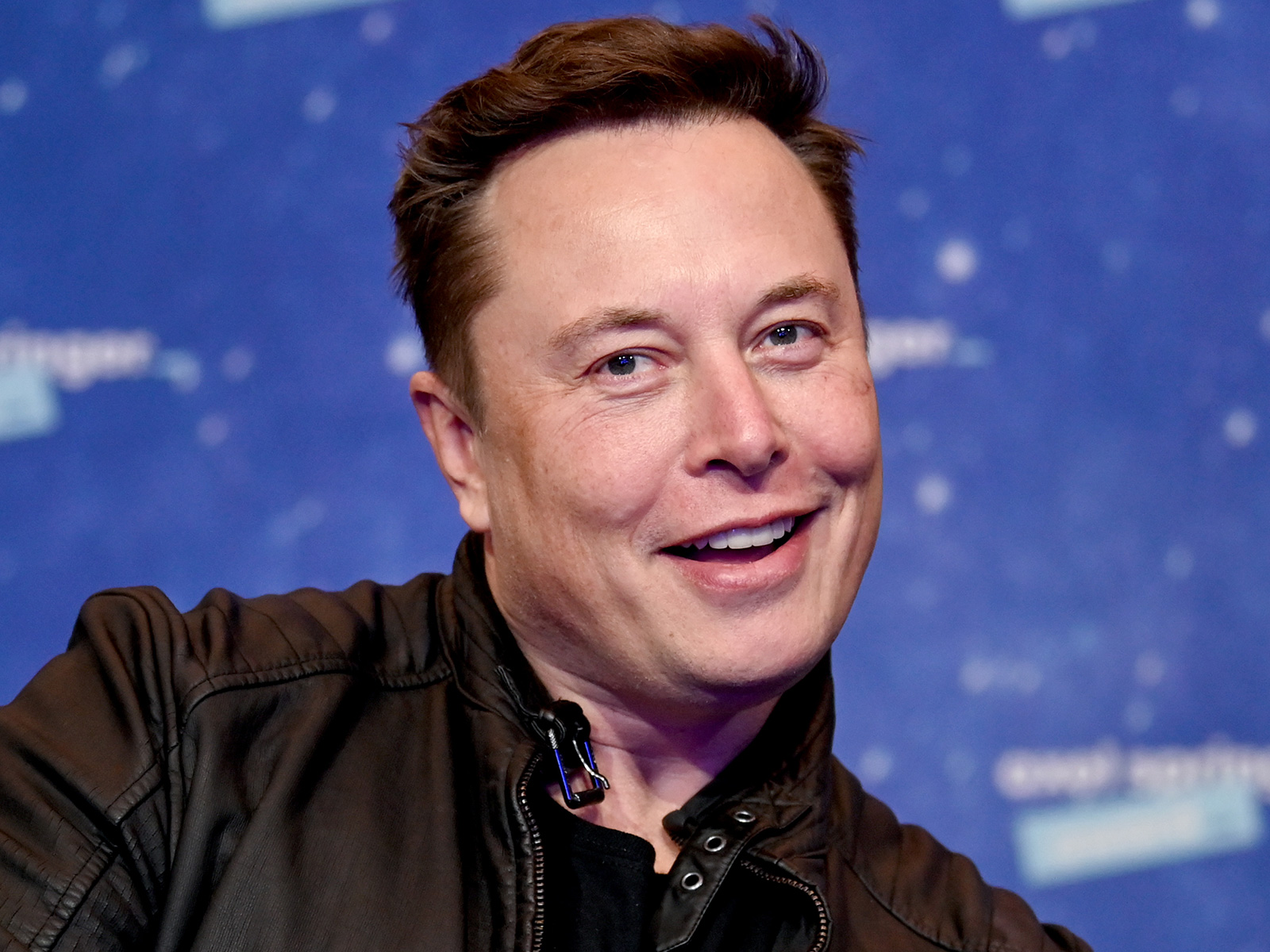
14. **Elon Musk — Elon Musk Philanthropy**Elon Musk, the prolific tech serial entrepreneur behind PayPal, Tesla, and SpaceX, is renowned for his ambitious ventures that continually push the boundaries of innovation. Beyond his transformative business pursuits, Musk has also directed significant resources towards philanthropic causes, reflecting a commitment to leveraging his wealth for scientific advancement and societal well-being.
Musk’s philanthropic efforts are strategically focused on several critical areas. A key interest lies in renewable energy, aligning with his groundbreaking work at Tesla and his broader vision for a sustainable future. By supporting initiatives in this field, he aims to accelerate the transition to cleaner energy sources and mitigate the impacts of climate change.
Furthermore, science and engineering education receive substantial backing from Musk. This focus directly supports the development of future innovators and problem-solvers, ensuring a robust pipeline of talent for scientific and technological advancements crucial for humanity’s progress. His commitment to education underscores the importance of foundational knowledge in driving long-term change.
Another significant area of his giving is pediatric health, showcasing a compassionate commitment to improving the lives of children. These varied philanthropic endeavors highlight a desire to address fundamental human needs and invest in the future, from environmental sustainability to health and intellectual development. Musk’s approach to philanthropy is as ambitious and far-reaching as his entrepreneurial ventures, aiming for transformative impact across multiple fronts.
Read more about: 12 Proven Strategies for CEOs: Mastering Stress and Sustaining Peak Performance in High-Pressure Environments
The strategic deployment of wealth by these tech-aligned visionaries continues to redefine the landscape of global philanthropy. From advancing medical science and championing educational equity to fostering democratic integrity and protecting our planet, their foundations are not merely disbursing funds but actively crafting innovative solutions. These individuals, who built empires on technological disruption, are now applying that same foresight and ambition to build a better, more equitable future for all, proving that the spirit of innovation extends far beyond the boardroom and into the heart of humanity’s greatest challenges.



